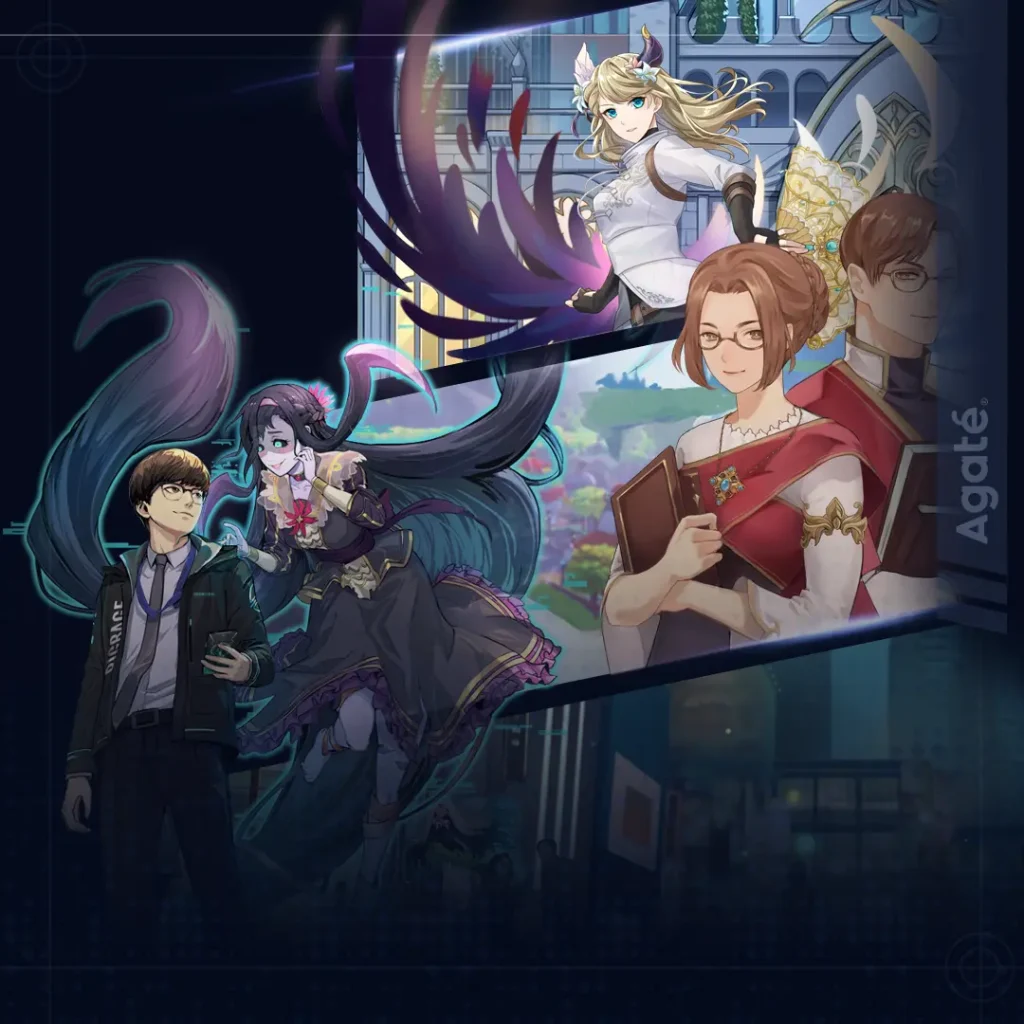What Sets JRPGs Apart from RPGs? – unlock test

In the ever-evolving landscape of video games, many diverse genres have emerged, catering to various tastes and preferences. Whether you’re an avid sports enthusiast, a puzzle-solving fan, a speed demon in the world of racing, or seeking something entirely different, the realm of gaming has something for everyone. However, for those yearning for an immersive and epic adventure that transcends the ordinary, the Role-Playing Game (RPG) genre is an unparalleled choice. RPGs represent a captivating gaming category where players assume the roles of characters within intricately crafted story settings. As the game unfolds, players embark on quests, undertake tasks, and face myriad challenges, all while shaping the destiny of their in-game alter ego. Initially conceived by Western game developers, RPGs transformed the hands of Japanese game developers, who infused their distinctive creative flair into the genre. This fusion of Western and Japanese gaming sensibilities resulted in a new gaming subgenre, Japanese Role-Playing Game, or JRPG. What makes JRPGs particularly fascinating is their ability to transcend national boundaries. In the modern gaming era, JRPGs are no longer exclusive to Japanese developers. Any game that exhibits characteristics reminiscent of traditional JRPGs can rightfully earn the classification of a JRPG, regardless of its country of origin. This evolution speaks to the enduring impact and influence of JRPGs on the global gaming industry. Here are some of the defining characteristics that set JRPGs apart from their RPG counterparts: Artistry and Aesthetics Across the timeline of gaming history, Japan has consistently showcased a remarkable and unmistakable art style that has become iconic in its own right. This artistry, deeply rooted in the country’s rich cultural heritage, has transcended borders and captured the imagination of enthusiasts worldwide. It’s a testament to the enduring appeal of Japanese aesthetics that continue to leave an indelible mark on various forms of creative expression, including the captivating worlds of manga, anime, and, notably, the realm of video games. A hallmark of this unique art style is the emphasis on character design. Characters in Japanese games often sport large, expressive eyes that serve as windows to their emotions. These oversized, soulful eyes can convey a wide range of feelings, enabling players to connect more deeply with the in-game personas. Additionally, using colorful and often unconventional hair hues adds a layer of individuality and memorability to these characters. Whether it’s vibrant shades of blue, pink, or even otherworldly colors, the hair of JRPG characters becomes an integral part of their visual identity. Battle System Unlike many RPGs utilizing real-time battle systems, traditional JRPGs embrace turn-based battle mechanics. In this system, combat unfolds as a carefully orchestrated dance where participants must patiently await their turn to execute actions. This strategic approach to battle heightens the tension and encourages players to think several steps ahead. What sets JRPGs further apart is the incorporation of a party system, a dynamic feature that elevates the complexity of battles. Within this system, players assume control of a roster of characters, each endowed with distinct abilities, strengths, and weaknesses. As players navigate the intricacies of turn-based combat, they must make tactical decisions that extend beyond the abilities of a single character. Coordinating the actions and synergies of multiple characters becomes paramount, adding an exciting layer of depth to the gameplay. This strategic interplay between characters and turn-based combat mechanics defines the essence of JRPGs. Players must strategize for their immediate encounters and consider the overarching journey and the diverse challenges. It’s a delicate balance of offense and defense, resource management, and teamwork, making each battle a cerebral test of wits and tactics. Rich Storytelling JRPGs have earned acclaim and adoration for their ability to weave profound and emotionally charged narratives, which often stand with the depth and complexity of literary or cinematic masterpieces. What sets JRPGs apart is their remarkable complex character relationships, ethical dilemmas, and exploration of profound philosophical themes. Characters are not just pixels on a screen, they become conduits for empathy and reflection, grappling with difficulties that mirror the complexities of the real world. This narrative richness transcends the boundaries of the JRPG genre, allowing the genre to merge with other gaming genres seamlessly. The versatility of JRPG storytelling means that it can effortlessly blend with action-packed sequences, incorporate elements of visual novels that emphasize player choices, or even infuse horror elements to create a spine-tingling atmosphere. Conclusion [subscribe_to_unlock_form]In conclusion, JRPGs remain a vibrant and influential force within the gaming world. While the debate surrounding their categorization and evolution continues to intrigue enthusiasts, the enduring presence of this genre undeniably enriches the gaming landscape with its unique charm and captivating adventures. Whether you’re a seasoned connoisseur of JRPGs or a newcomer to their realm, the allure of Japanese Role-Playing Games promises unforgettable journeys and boundless exploration in the ever-expanding gaming world.[/subscribe_to_unlock_form]

